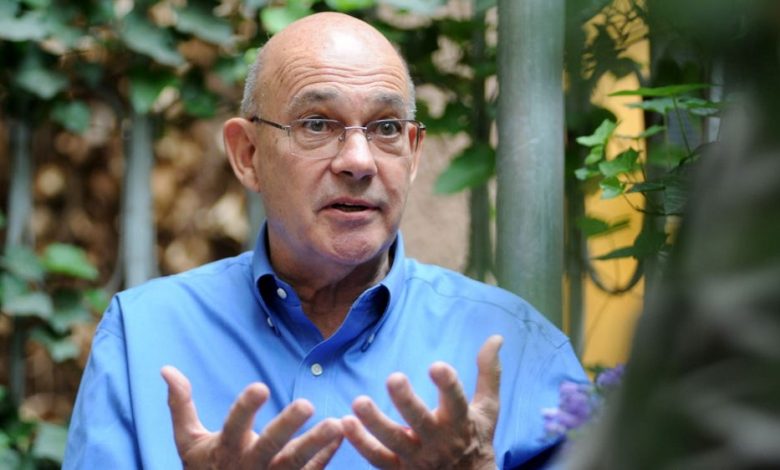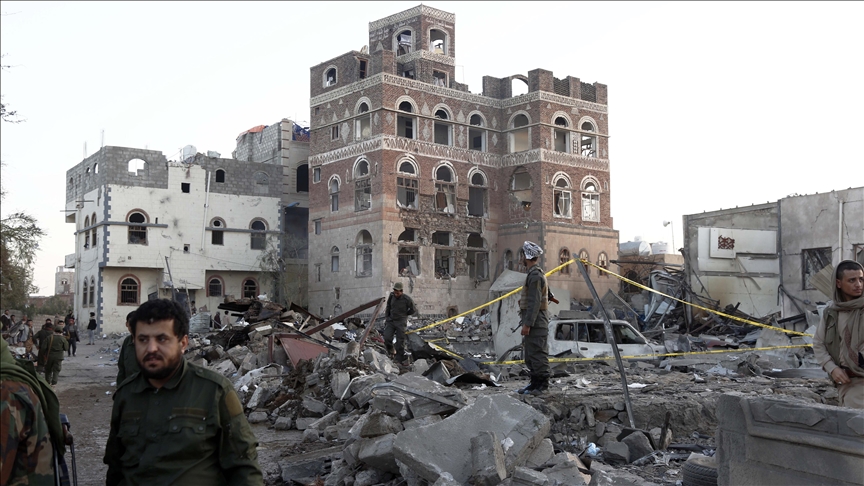
The Middle East has long been accustomed to dramatic events and repeated surprises. However, it is undeniable that what came before October 7 is fundamentally different from what followed.
This shift is not only due to the ongoing wars that have spread beyond Gaza to other fronts, nor solely because of the consequences these conflicts have triggered across the region. More significantly, it has exposed the harsh realities the region faces, from the collapse of the concept of the state and its implications to the erosion of national identities and the emergence of new ethnic, sectarian, and geographical standards reshaping political maps.
Over the past years, the failure of the nation-state model, coupled with its reduction to authoritarian concepts, has played a pivotal role in deepening the psychological division in many countries, a division that, in many cases, precedes geographical fragmentation.
In the current geopolitical landscape, Gaza is no longer the Gaza we once knew. With the absence of a viable Arab-led solution, the US administration, despite its often-contradictory diplomatic statements, still keeps the depopulation of Gaza on the table as a practical resolution. Meanwhile, the West Bank is experiencing Israeli operations aimed at bringing about a radical transformation, one that all parties may soon have to accept as a new reality.
Syria, too, has entered a state of turmoil that makes it increasingly difficult to revert to its former political and territorial structure. Whether through shifts in internal power dynamics or anticipated geographical and political changes, Syria is on a path of transformation.
These unprecedented changes, which directly impact Jordan, impose urgent requirements for adaptation and strategic engagement with new realities. This new era demands a shift in priorities, making “Jordanian-focused thinking” a fundamental approach to navigating the geopolitical and security challenges unfolding across the region.
This strategic recalibration must take place on three levels. The first involves managing relations with the current U.S. administration, which has been in the White House for only a few weeks yet has already triggered a geopolitical earthquake on the global stage. For Jordan to remain a key regional player, it must employ new tools and diplomatic tactics that emphasize effectiveness and tangible results, especially considering that this administration is highly focused on reassessing the utility of aid provided to its allies.
The second is the regional shift, where several key issues stand out. The evolving relationship with Israel, which is shifting dramatically and deteriorating from bad to worse, requires a reconsidered strategy for future engagement. The relationship with Saudi Arabia, meanwhile, demands greater attention, not only because Saudi Arabia remains the only pillar of stability in the region but also due to its economic and political influence, which could prove crucial for Jordan in the coming phase. In this context, the concept of “political and economic integration” should be the foundation for shaping and strengthening ties between the two countries.
Perhaps the most pressing regional challenge is Jordan’s approach to Syria. Changes are already unfolding in the areas adjacent to Jordan’s northern border, creating a new reality that Jordan must navigate carefully. It is imperative to formulate a strategy that not only secures borders but also leverages new political and economic configurations to serve Jordan’s long-term interests.
The third is the domestic, and most important recalibration, how does Jordan adapt to these external shifts and their internal repercussions? This phase demands a new political discourse and a fresh approach to managing internal affairs. Shielding Jordan from external shocks, narratives of fragmentation, sectarian polarization, and social discord requires a two-pronged strategic response: strengthening the bureaucratic system and reinforcing national identity.
This necessitates a well-crafted national narrative, a reinvigoration of collective national consciousness, and tangible policy actions that signal the beginning of a new phase of resilience and transformation, one that will be the defining test of the coming period.
Dr Amer Al Sabaileh is a columnist in the Jordan Times







